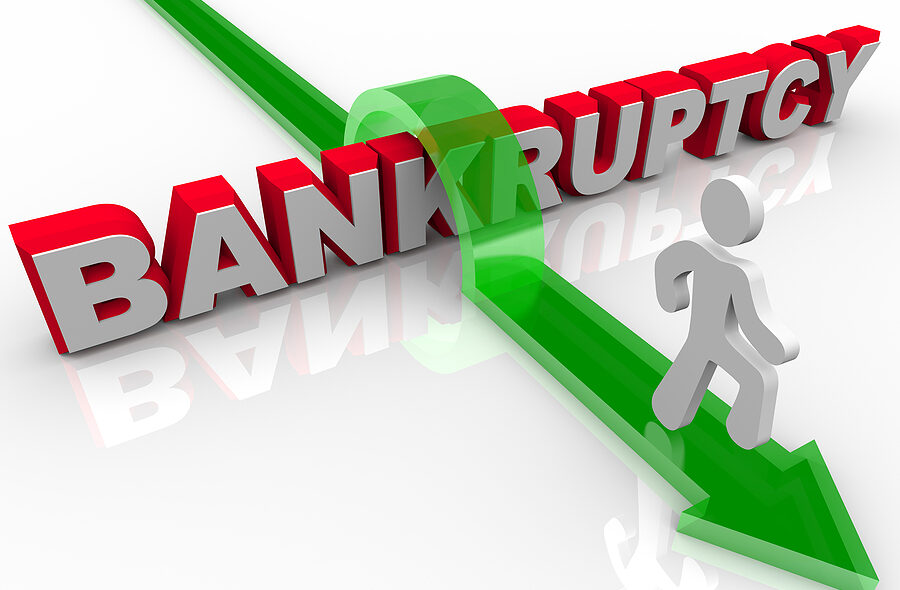Many people view bankruptcy as an intimidating and complicated process. While bankruptcy can have its complications, many of the fear surrounding it has more to do with consumers not fully understanding the process itself. Bankruptcy is a legal proceeding that allows individual consumers or businesses who are struggling with debt to eliminate these debts and start over. The process is meant to help consumers and is not something to be feared.
All bankruptcy filings are heard in special federal courts set up throughout the 50 states. Bankruptcy procedures are governed by the U.S. Bankruptcy Code, although states, including Florida, can enact their own rules that preempt federal procedures.
If you are filing for Chapter 7 bankruptcy in Florida, you can use Florida bankruptcy exemptions to protect your property. In addition, residents are provided unlimited exemptions for homestead, annuities, and the cash surrender value of a life insurance policy.
Florida has one of the most generous homestead exemptions in the country. To use Florida’s exemptions, you must have resided in Florida for at least 730 days before filing your bankruptcy petition. To claim the full value of the homestead exemption in Florida, you must have owned the property for at least 1,215 days before the bankruptcy filing.
While the case is overseen by a federal bankruptcy judge, the filing party works directly with the court-appointed trustee throughout the process. In fact, the individual may never even meet the judge or appear in court at all.
A bankruptcy case starts with the filing of the bankruptcy petition. Other important paperwork is filed during this time, including the consumer’s financial records and information regarding what debts he or she owes. Once the case has been filed, the bankruptcy trustee will hold a meeting with the consumer, as well as with the consumer’s creditors. The next steps depend heavily on the type of bankruptcy being pursued. While several different types of bankruptcies are available, the most used consumer bankruptcy types include Chapter 7 and Chapter 13.
Chapter 7 bankruptcy is also known as a liquidation bankruptcy. Through this form of bankruptcy, the consumer turns over his or her assets that are not otherwise covered by a bankruptcy exemption to the trustee, who will then sell the assets and distribute the proceeds from this sale to qualifying creditors. Any debt that remains is discharged. A Chapter 7 bankruptcy case can be resolved within a matter of months, while a Chapter 13 bankruptcy case takes much longer. Consumers must qualify to file for Chapter 7 bankruptcy through a means test and must fall within a certain debt to income ratio.
Chapter 13 bankruptcy cases are often referred to as reorganization or repayment bankruptcies. In this type of case, the filer works directly with the trustee to create a repayment plan on his or her debts. These plans can last anywhere between three to five years. During this time, the consumer pays back his or her debts according to the plan. At the end of this payment period, any debt remaining is discharged.
Once a bankruptcy discharge is issued, the filer is then relieved of the remainder of his or her consumer debts, meaning the creditors are no longer legally allowed to collect on the debts.
Bankruptcy discharges eliminate most of the consumer’s debts, but certain categories of debts cannot be discharged. For example, debts associated with child support or alimony payments cannot be eliminated. Student loan debts are very difficult to discharge, as well as are most tax liens. Any debt the consumer carries resulting from a personal injury case or death resulting from driving while intoxicated can also not be eliminated.
Please click here to read more.
If you have questions on this topic or are in financial crisis and considering filing for bankruptcy, contact an experienced Miami bankruptcy attorney who can advise you of all of your options. As an experienced CPA as well as a proven bankruptcy lawyer, Timothy Kingcade knows how to help clients take full advantage of the bankruptcy laws to protect their assets and get successful results. Since 1996 Kingcade Garcia McMaken has been helping people from all walks of life build a better tomorrow. Our attorneys’ help thousands of people every year take advantage of their rights under bankruptcy protection to restart, rebuild and recover. The day you hire our firm, we will contact your creditors to stop the harassment. You can also find useful consumer information on the Kingcade Garcia McMaken website at www.miamibankruptcy.com.

